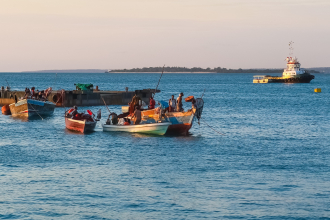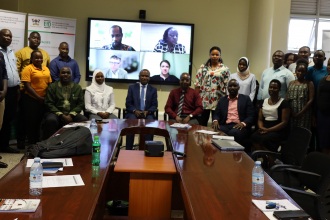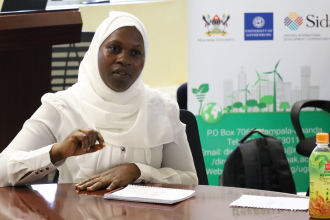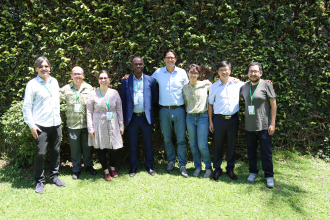Research Associate or Senior Research Associate, RFF
RFF seeks a Research Associate or Senior Research Associate with a Master’s Degree and 2-6 years of experience who has a strong working knowledge of economics for policy analysis, strong skills in data analysis, including geospatial data methods, and experience working on environmental issues, including especially climate risks and resilience and environmental justice. Successful candidates will also possess excellent written and oral communication skills, and a demonstrated ability to work independently, with limited supervision, as well as in teams.




